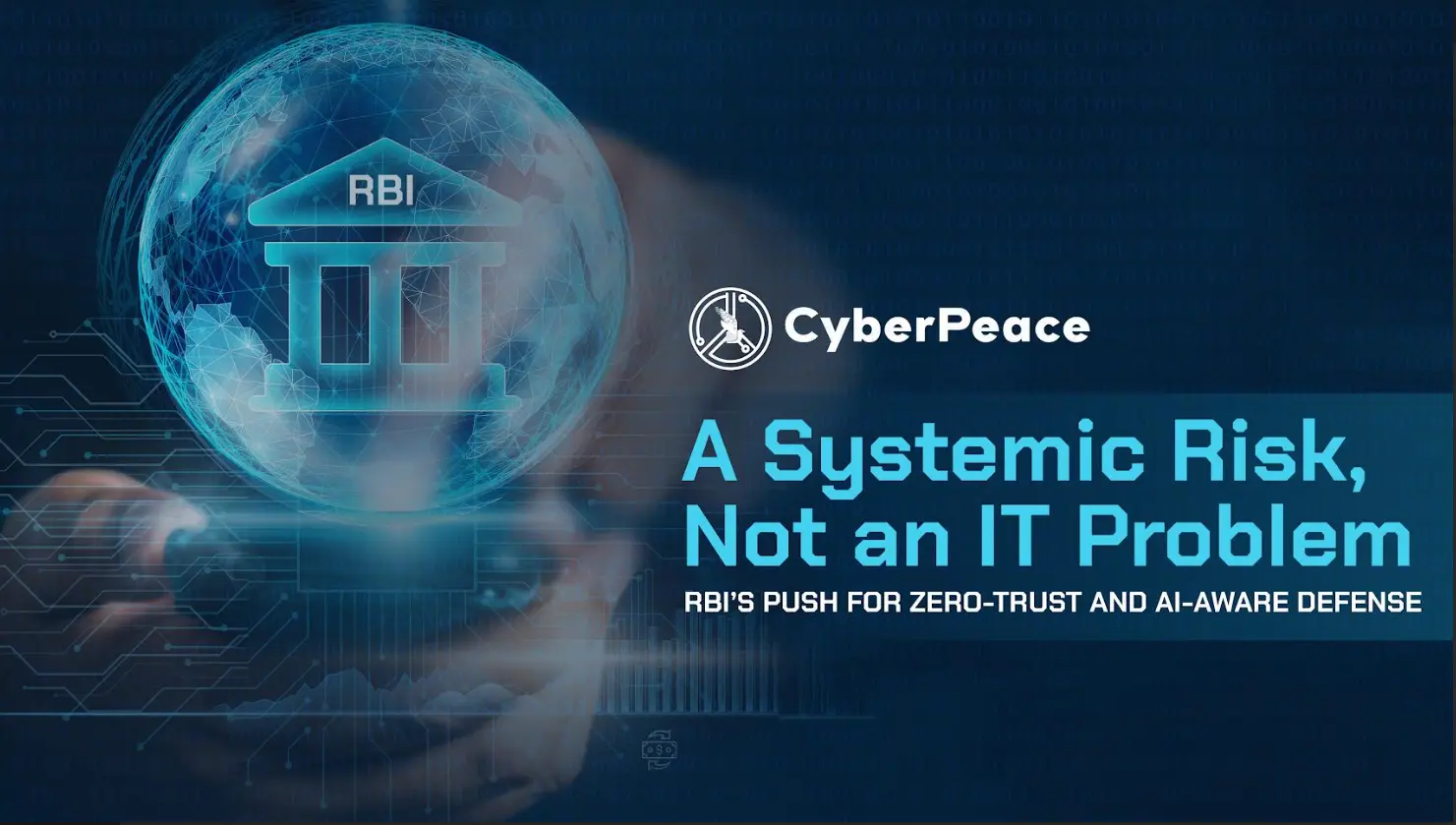#FactCheck - Afghan Cricket Team's Chant Misrepresented in Viral Video
Executive Summary:
Footage of the Afghanistan cricket team singing ‘Vande Mataram’ after India’s triumph in ICC T20 WC 2024 exposed online. The CyberPeace Research team carried out a thorough research to uncover the truth about the viral video. The original clip was posted on X platform by Afghan cricketer Mohammad Nabi on October 23, 2023 where the Afghan players posted the video chanting ‘Allah-hu Akbar’ after winning the ODIs in the World Cup against Pakistan. This debunks the assertion made in the viral video about the people chanting Vande Mataram.

Claims:
Afghan cricket players chanted "Vande Mataram" to express support for India after India’s victory over Australia in the ICC T20 World Cup 2024.

Fact Check:
Upon receiving the posts, we analyzed the video and found some inconsistency in the video such as the lip sync of the video.
We checked the video in an AI audio detection tool named “True Media”, and the detection tool found the audio to be 95% AI-generated which made us more suspicious of the authenticity of the video.


For further verification, we then divided the video into keyframes. We reverse-searched one of the frames of the video to find any credible sources. We then found the X account of Afghan cricketer Mohammad Nabi, where he uploaded the same video in his account with a caption, “Congratulations! Our team emerged triumphant n an epic battle against ending a long-awaited victory drought. It was a true test of skills & teamwork. All showcased thr immense tlnt & unwavering dedication. Let's celebrate ds 2gether n d glory of our great team & people” on 23 Oct, 2023.

We found that the audio is different from the viral video, where we can hear Afghan players chanting “Allah hu Akbar” in their victory against Pakistan. The Afghan players were not chanting Vande Mataram after India’s victory over Australia in T20 World Cup 2014.
Hence, upon lack of credible sources and detection of AI voice alteration, the claim made in the viral posts is fake and doesn’t represent the actual context. We have previously debunked such AI voice alteration videos. Netizens must be careful before believing misleading information.
Conclusion:
The viral video claiming that Afghan cricket players chanted "Vande Mataram" in support of India is false. The video was altered from the original video by using audio manipulation. The original video of Afghanistan players celebrating victory over Pakistan by chanting "Allah-hu Akbar" was posted in the official Instagram account of Mohammad Nabi, an Afghan cricketer. Thus the information is fake and misleading.
- Claim: Afghan cricket players chanted "Vande Mataram" to express support for India after the victory over Australia in the ICC T20 World Cup 2024.
- Claimed on: YouTube
- Fact Check: Fake & Misleading





